Individual Counselling
& Couples Counselling
in Victoria, BC & Online
Frequently Asked Questions
Individual Counselling, Therapy, & Coaching FAQs
How long are individual counselling, therapy, and coaching sessions?
Individual counselling, therapy, or coaching sessions are 55-minutes or 85-minutes.
How much does individual counselling/therapy/coaching cost in BC?
Flowa offers 60-minute allotments for $189 and 90-minute attotments for $290 for individual counselling/therapy/coaching sessions. Packages are also offered, which reduce the rate per session. (Sliding-scale options can be requested).
Do you offer online counselling, therapy, and coaching for individuals?
Yes. Individual therapy is available online for clients across Victoria, Vancouver Island, and anywhere in the world. Hynosis can only be done in person.
What issues can individual counselling, therapy, and coaching help with?
Individual counselling, therapy, and coaching supports concerns like anxiety, trauma, stress, life transitions, depression, relationship issues, BPD, ADHD, issues around sexuality, anger-issues, addictions, identity, burnout, codependency, integrating peak experiences or altered state experiences, and more.
Do you offer counselling, therapy, and coaching for Highly Sensitive People (HSPs) or empaths?
Yes — I specialize in counselling for HSPs, creatives, and emotionally attuned individuals seeking nervous system regulation, alignment, purpose, healing, attunement, boundaries, and clarity.
How often should I attend counselling/therapy/coaching?
Most clients attend counselling weekly or bi-weekly, especially at the start of their healing journey.
Is individual counselling, therapy, and coaching confidential?
Yes. All sessions are confidential and adhere to professional standards and ethical guidelines regulated in British Columbia.
What approaches do you use in individual counselling, therapy, and coaching?
I draw from Somatic Experiencing, Internal Family Systems (IFS), mindfulness, trauma-informed care, depth-psychology, transpersonal psychology, CBT, DBT, motivational interviewing, person-centered approach, yoga and tantra philosophy, relational and holistic approaches, Gestalt, and much more.
Can I do counselling, therapy, and coaching if I live in a remote or rural area of BC or not in BC at all?
Yes. Online counselling, therapy, and coaching makes it easy to access support no matter where you’re located in BC or otherwise.
Is counselling, therapy, and coaching covered by insurance in BC?
Many extended benefits plans cover counselling with a Registered Clinical Counsellor (RCC). Check with your provider for details.
What’s the difference between short-term counselling/therapy/coaching and long-term counselling/therapy/coaching? Do you offer both?
Yes — I offer both short-term, solution-focused counselling/therapy/coaching and long-term, ongoing counselling/thrapy/coaching for individuals and couples.
Short-term counselling/therapy/coaching typically focuses on a specific goal, challenge, or area of stress. This approach is often structured and time-limited (e.g., 6–12 sessions), and is ideal for:
Making a decision or navigating a life transition
Addressing communication breakdowns in a relationship
Managing situational anxiety or stress
Creating strategies and tools to cope with an immediate issue
Healing Trauma and finding regulation in the nervous system
Long-term counselling/therapy/coaching is more open-ended and depth-oriented. It supports you over time as you:
Explore past experiences, emotional patterns, or attachment wounds
Work with chronic issues like burnout, trauma, or self-worth
Deepen your relationship with yourself and others
Grow through life stages, personal evolution, or spiritual inquiry
Both approaches are valuable — and sometimes clients begin with short-term work and decide to continue longer-term as deeper layers unfold.
Whether you're looking for brief, focused support or a sustained therapeutic relationship, we can structure our work together to best fit your needs.
Couples Counselling/Therapy/Coaching FAQs
How long are couples counselling/therapy/coaching sessions?
Couples sessions are about 85 minutes to allow for depth and shared processing.
How much does couples counselling/therapy/coaching cost in BC?
Flowa offers 90-minute time allotments for $320 for couples counselling/therapy/coaching sessions. Packages are also offered, which reduce the rate per session.
Do you offer online couples counselling/therapy/coaching?
Yes. Online couples counselling/therapy/coaching is available across British Columbia — including Victoria, Vancouver, Kelowna, and remote communities — and beyond.
What kinds of issues do couples bring to counselling/therapy/coaching?
Couples seek counselling/therapy/coaching for communication support, trust repair, conflict resolution, intimacy issues, parenting support, co-dependency and attachment issues, finding deeper connection, and more.
Do you offer premarital counselling?
Yes — I offer support for couples preparing for long-term commitment, with a focus on communication, values, and emotional readiness.
Can couples counselling/therapy/coaching help with infidelity or betrayal?
Yes. I specialize in trust repair, infidelity recovery, and rebuilding emotional safety and transparency in relationships.
Do you support LGBTQIA+ and non-traditional relationships?
Absolutely. My practice affirms all gender identities, orientations, and relationship structures including ENM, poly, and CNM.
How often should we attend couples counselling/therapy/coaching?
Many couples attend weekly or bi-weekly sessions, depending on their needs and goals.
Can we attend counselling/therapy/coaching if we're in different locations?
Yes. Online sessions can be done with both partners in separate spaces, offering flexibility for long-distance or co-parenting situations.
What if my partner is hesitant about counselling/therapy/coaching?
That’s common. Sessions are structured to be non-biased, respectful, balanced, and focused on shared goals — not blame or judgment.
It is very common that couples that come for counselling/therapy/coaching end up doing individual sessions with Flowa on top of the couples sessions together. This allows for the opportunity to work through any individual traumas/blocks that are impacting your relationship.
